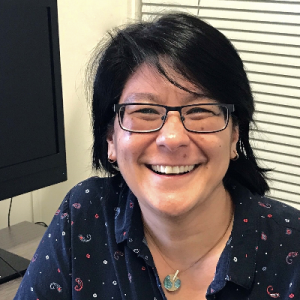
Caregivers such as family and friends are important in supporting the care needs of people living with MS, yet there is very little research about carers or the experience of caregiving. The current study will engage with different groups in the MS community such as people with MS, carers and those associated with MS healthcare (e.g. health professionals) to explore both the caregiver experience and the caregiving relationship. This includes looking at how to support health and wellbeing of caregivers and promoting health behaviours such as physical activity and exercise for both caregivers and people living with MS. The project will identify target priorities in which healthcare services and healthcare professionals can support MS caregivers; both for the benefit of the caregivers and in caring for persons living with MS.
Study researchers have interviewed participants across all groups as intended (10 people with MS, 10 carers and 7 service providers). Study participants offered insight into their experiences and observations of caregiving and how to support both individual and relational health for people with MS and MS caregivers. The data has been analysed and key ideas relating to each of the study aims have been identified. These findings will be the subject of two manuscripts which are currently being prepared. Additionally, the current study is also relatively unique in being one of the only qualitative studies in the world to date to focus on MS carers in exploring the COVID-19 experience. For carers, and for people with MS, study researchers have learned about the challenges and impacts during the pandemic such as disruptions, that led to increased concerns, fears, and stress. While these challenges were recognised, study researchers also identified examples of resilience, coping and adapting through finding new routines and creating space, through rest and breaks, and through appreciating the positives. Researchers have also discussed with members of the MS community the possibility of working to develop future resources and support in this area.
Updated: 31 March 2022
Updated: 21 January, 2020

Laboratory research that investigates scientific theories behind the possible causes, disease progression, ways to diagnose and better treat MS.

Research that builds on fundamental scientific research to develop new therapies, medical procedures or diagnostics and advances it closer to the clinic.

Clinical research is the culmination of fundamental and translational research turning those research discoveries into treatments and interventions for people with MS.

